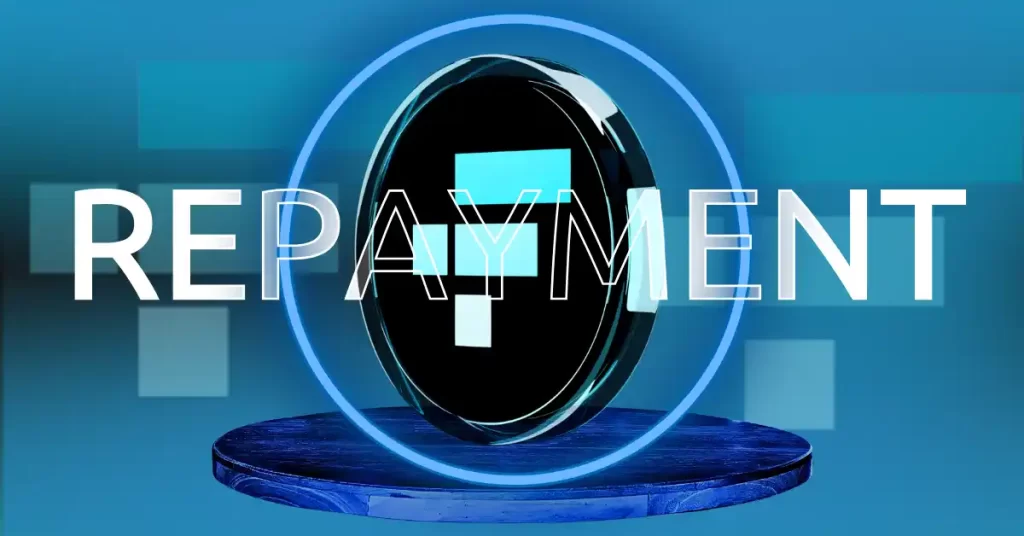
One of the most exciting use cases for blockchain is the tokenization of Real World Assets (RWA). According to a report by the Boston Consulting Group, the RWA market is expected to reach $4 trillion to $16 trillion (approximately ¥560 trillion to ¥2,240 trillion at an exchange rate of ¥140 to the dollar) by 2030.
Much has been said about the value of cryptocurrencies such as Bitcoin (BTC) and Ethereum (ETH), but RWA has the potential to create trillions of dollars in adoption. Financial giants (JPMorgan Chase, Citibank, Boston Consulting Group, Blackstone, etc.) will appeal, and investors will also find it extremely important to understand.
Real assets like crypto assets?
Most of the assets that are talked about when talking about blockchain are native crypto assets of each chain, such as Bitcoin, Ethereum, Solana (SOL), and Uniswap (UNI). In other words, it is public blockchain native and its value comes from the usage and performance of the protocol.
For example, Bitcoin is an incentive for miners to continue processing blocks on the Bitcoin blockchain. Ethereum, on the other hand, is used to pay transaction fees on the Ethereum network.
Tokenization of RWA generally means incorporating tracking of assets by an on-chain database, with performance and value originating outside the blockchain.
For example, tokens that represent real estate investments or stakes in pools that lend money to entrepreneurs in developing countries. The token itself is on the blockchain, but the assets and payments are in the real world.
RWA tokens are just a representation of assets that aren’t necessarily blockchain-native, and aren’t volatile assets like we think of crypto assets. RWA tokens are programmable just like crypto assets, encoding lockup periods and eligible investor requirements.
Why Use Blockchain?
A public blockchain is, simply put, a decentralized database, suitable for storing information in an immutable form. We now store our data – assets, private company stocks, loans, financial records – in centralized databases like Google, Amazon, JPMorgan Chase and Charles Schwab. As a result, permission must be obtained every time the data is accessed, and siled data cannot easily work with data in another silo.
Once that data is moved to a public blockchain, it can be controlled using wallets, a blockchain-linked self-custody technology. As a result, you can enjoy many benefits of public blockchains, such as:
- Transparency: to understand the true value of assets
- Efficiency: for distribution to holders through wallets
- Liquidity: On-chain nature enables a marketplace where previously illiquid assets can be bought and sold
- Self-custody: you can manage your own assets
- Collateralization: You can use your own assets as collateral, including using DeFi (decentralized finance) protocols.
Importance of RWA
There is a growing interest in alternative assets such as private credit, real estate and collectibles. RAW tokens will more likely represent such alternative assets.
Already, Maple Finance and Goldfinch are tokenizing private credit, while Rally Road and 4K are tokenizing collectibles.
For many years, investors didn’t have many options for profiting from their portfolios. As interest rates rise, many RWA tokens offer double-digit yields without the volatility risk of crypto assets. It enables low-risk loans in markets that TradFi (traditional finance) cannot or is unwilling to enter, and makes the process efficient.
Investors will need to understand the increased transparency and liquidity. Additionally, self-custody and its attendant efficiencies and security risks must be well understood.
As the RWA movement grows, so too will blockchain networks. For blockchains like Ethereum and Polygon, the use of native tokens Ethereum and Polygon (MATIC) to pay fees for transactions could lead to price increases.
Blockchain technology has always aimed to increase financial inclusion and improve efficiency through public databases. Unlike native crypto assets, which are highly volatile and may be targeted by new regulations, RWA tokens are a more efficient and transparent representation of the assets people are already comfortable investing in. is.
|Translation and editing: Akiko Yamaguchi, Takayuki Masuda
|Image: Shutterstock
|Original: For Financial Advisors, Real World Assets Could Be a Safe(r) Path to Crypto
The post RWA token: Will it be a safer option | coindesk JAPAN | Coindesk Japan appeared first on Our Bitcoin News.

 2 years ago
88
2 years ago
88














 English (US) ·
English (US) ·